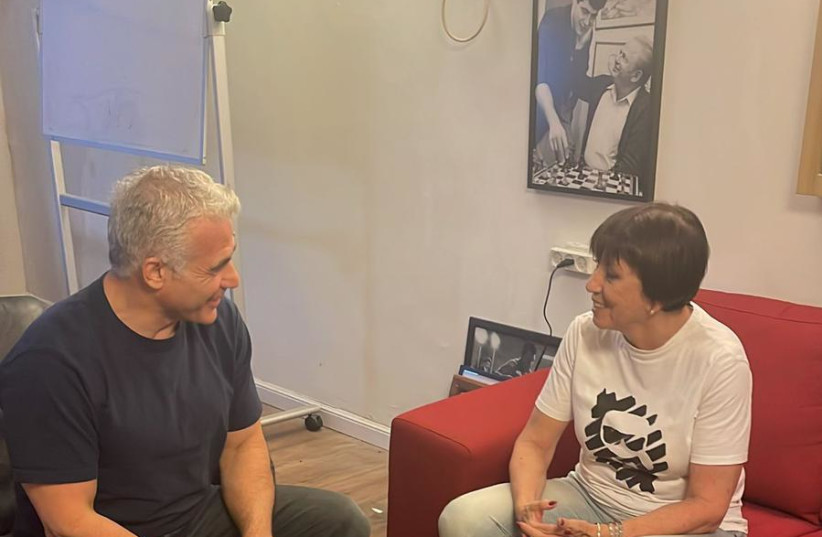There are four months left until elections kick in for the 25th Knesset on November 1. According to the latest political poll, which comes after countless others pointed to the opposite future, the opposition bloc, headed by Benjamin Netanyahu, would drop to 59 seats, preventing it from retaking its political power.
The poll, conducted by Panels Politics, a political research center headed by Menahem Lazer, does not solve the paramount question of who will receive the mandate to form a government from President Isaac Herzog. Previous polls gave the Netanyahu bloc 61 seats.
According to the latest poll, the Netanyahu bloc received 59 seats, Meretz passed the threshold (it did not pass in the last poll,) Yamina again does not pass the threshold despite New Hope MK and Communications Minister Yoaz Hendel and political ally MK Zvi Hauser joining, a possibilty posited by previous polls.
The pollsters surveyed 709 participants aged 18 and up. Of them, 610 are Jews and 99 are Arabs. A link to fill out the survey was sent to 4,398 Panels members. It took place from Wednesday to Thursday, and its margin of error is 4.2%.
How many seats per party?

According to the poll, the breakdown is as follows:
- Likud - 35 (one less than the last poll);
- Yesh Atid - 24;
- Blue and White New Hope - 12 (one less than the last poll). In the current Knesset, the two parties together hold 14 seats;
- Religious Zionist Party - 10. Party head Bezalel Smotrich and faction head Itamar Ben-Gvir have been holding talks to finalize a merger, as Ben Gvir urged Smotrich to come to talks sooner rather than later;
- Shas - 8;
- United Torah Judaism - drops to 6;
- Joint List - 6;
- Yisrael Beytenu - 6;
- Labor - 5, one less than the last poll;
- Meretz - 4, one more than the last poll;
- Ra'am - 4.
Below the election threshold is the two religious-Zionist-leaning parties: Yamina and Bayit Yehudi.
Yamina, headed by Shaked, did not pass the electoral threshold and stands at 1.9%, dropping from 2.6% in the last poll. Hendel's merger helps Shaked, bringing it back to 2.6%.
This effectively drops Bayit Yehudi to 0.6%, down from 0.9%.
What does it mean?
Meretz returning to the political playing field is the cause behind Netanyahu's bloc drop to 59.
Last night, Defense Minister and Blue and White head Benny Gantz addressed the November elections, speaking of himself in a way that made it clear that he viewed himself as a contender for the job of prime minister, even though polls at present have him behind Lapid and former prime minister Benjamin Netanyahu.
"My plan is to build a wide unity government with all segments of Israeli society, to exclude the extreme edges," Gantz said.
Do Israelis want Netanyahu as leader?
The poll also surveyed the level of support Netanyahu has to be prime minister. 44% said yes while 43% said no.
Tovah Lazaroff and Eliav Breuer contributed to this report.
